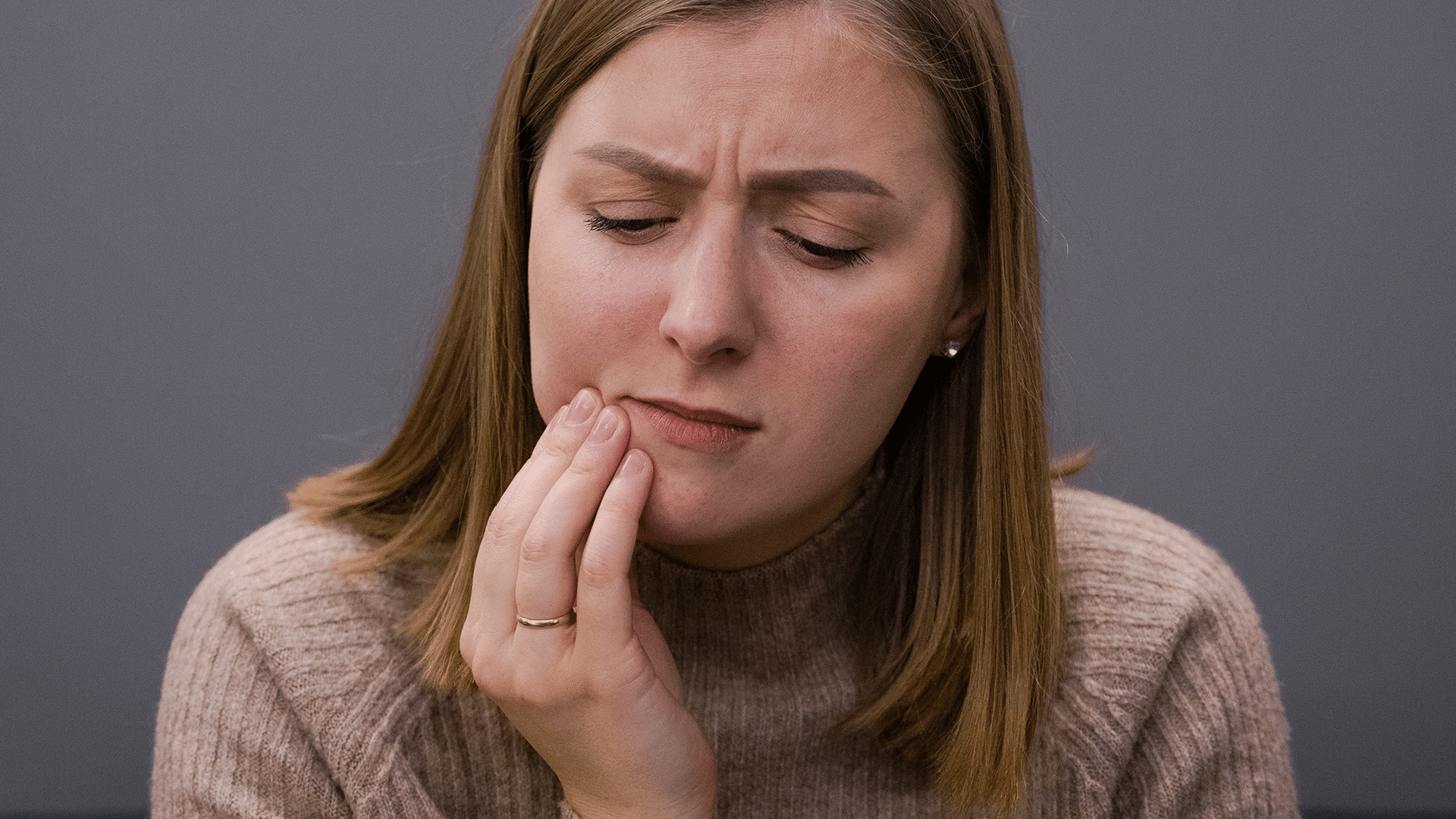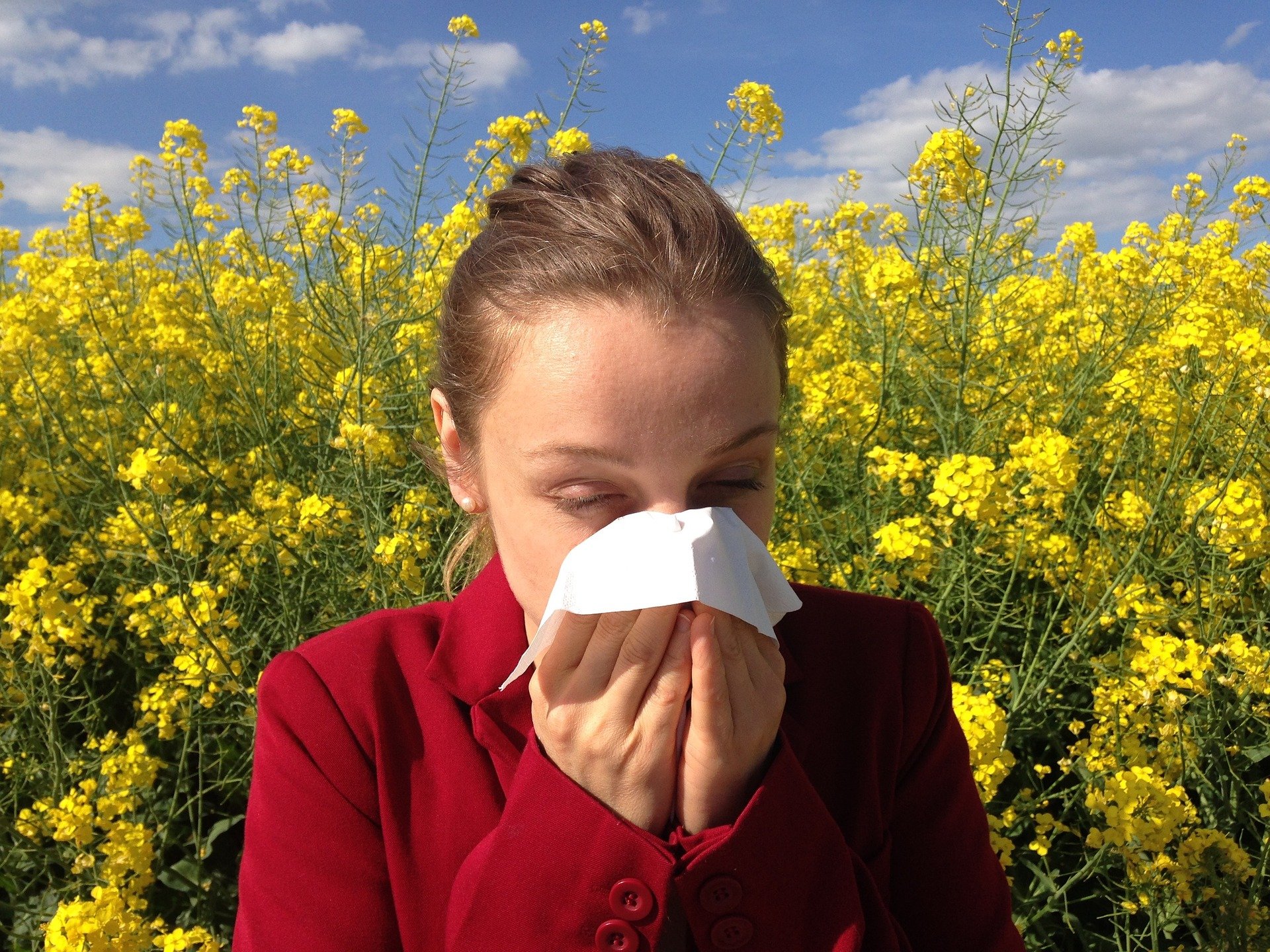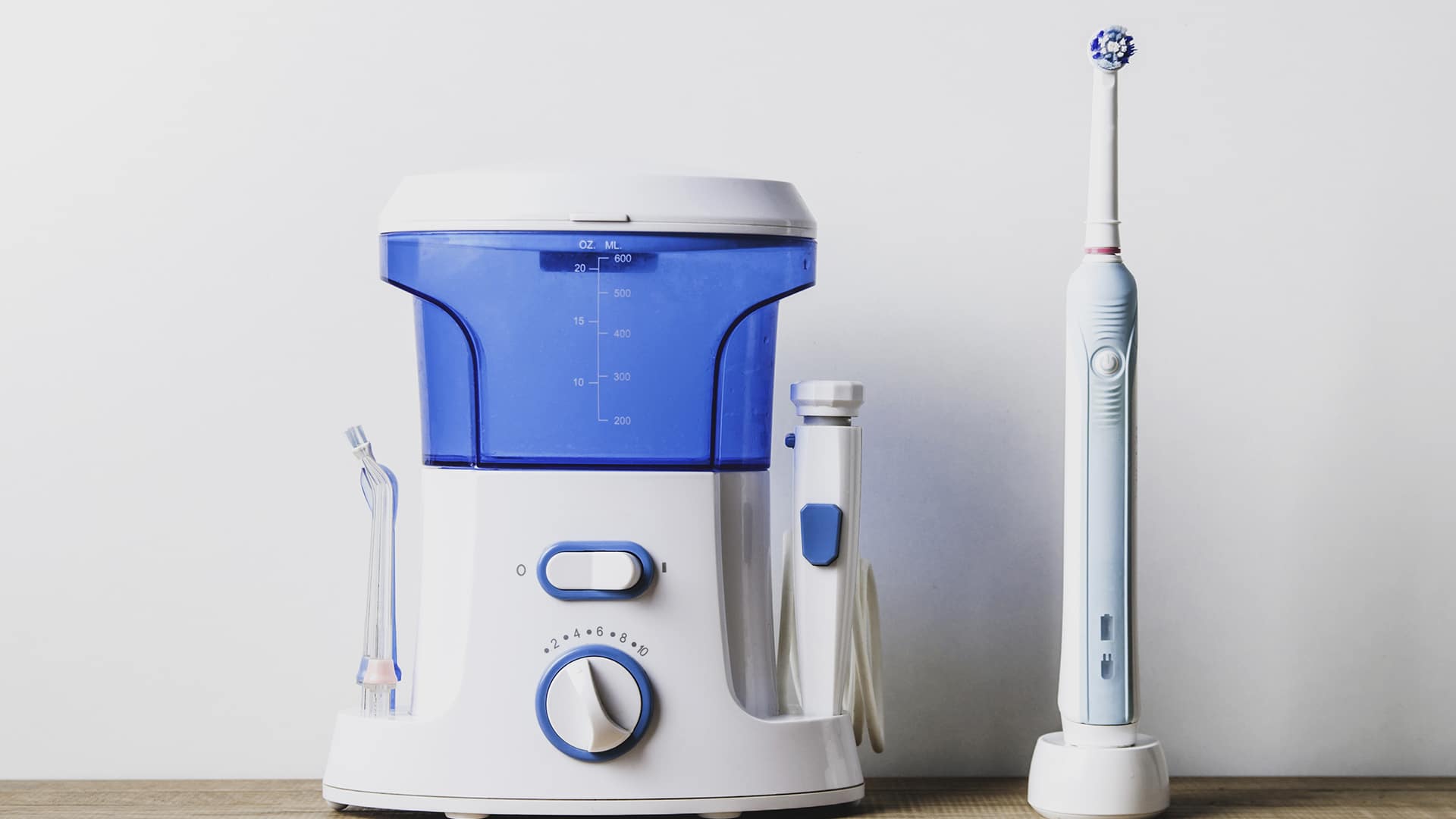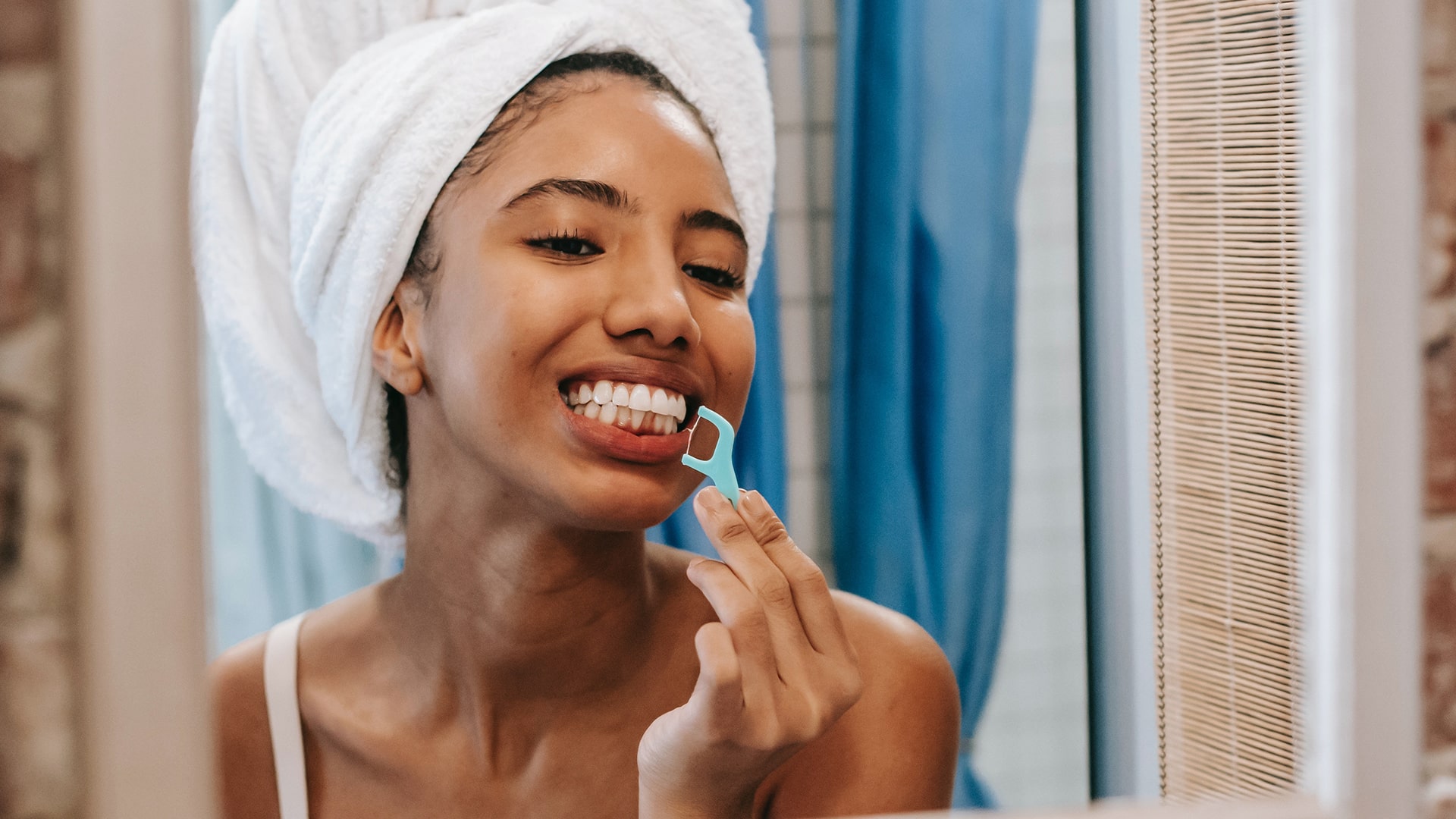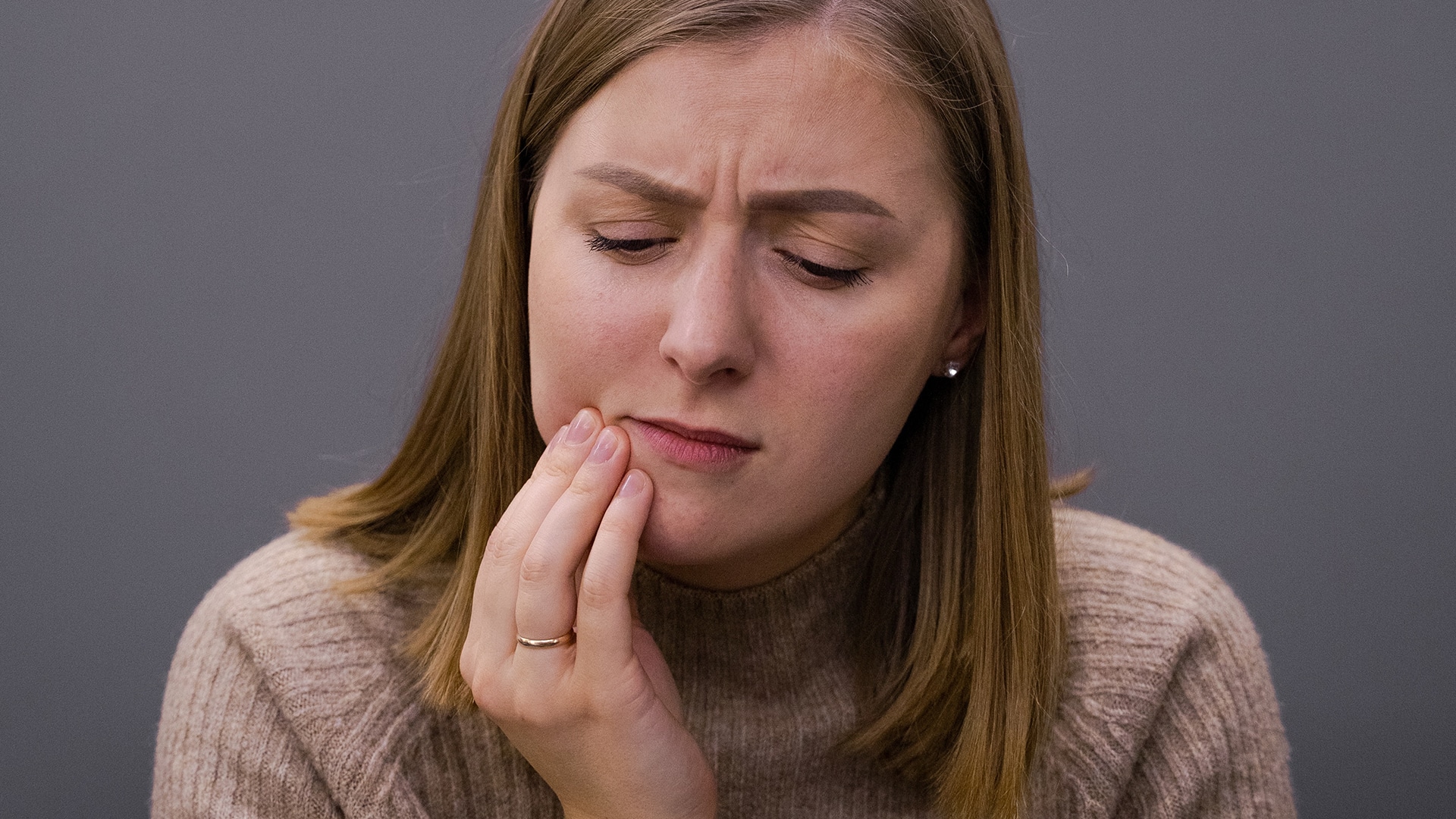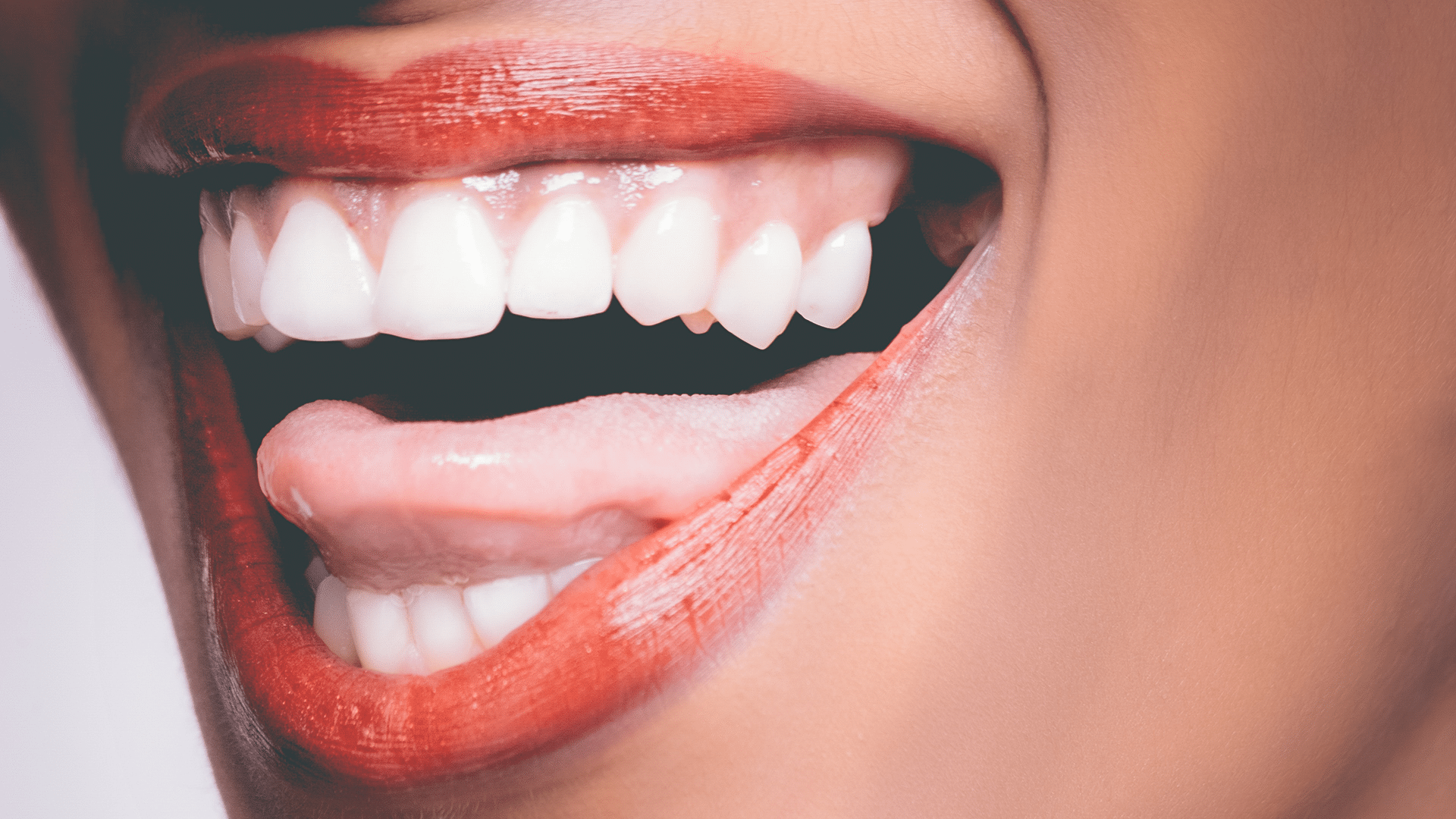Crown placement is necessary for a variety of conditions related to your dental health, placed usually when fillings or other methods are unable to be used. They help protect, restore, stabilize, and keep your teeth aesthetically pleasing to look at. There are some procedures that may be uncomfortable or painful at the dentist, you may be wondering if crowns are painful or not.
Is Getting A Crown Painful?
Crown placements are used to help prevent further damage and protect a tooth. A majority of the time you should have no problem with a crown placement other than a slight amount of discomfort for a short period of time after the operation. Despite this, it is possible for crowns to become damaged and cause pain to you in the affected area.
Under normal circumstances receiving a crown should not be a painful operation. A crown can eventually cause pain depending on a variety of factors. These include the way your crown was placed, the amount of care taken of the tooth, and the amount of pain tolerance you have.
It is possible that the crown may cause you to experience some sort of discomfort or pain. There are a variety of reasons this could be happening. Here are some of those:
- Cavities – Though used as a preventative measure to cavities, it is still possible for them to occur after a crown has been placed. This could be due to previous unknown cavities or poor care for a prolonged duration after the crown placement. When a cavity gets large and harmful enough without being discovered or taken care of, a root canal may be necessary.
- Infection – If the tooth receiving a crown did not have a root canal procedure done on it, it will still have nerves which can be affected by the residue or pressure from a crown.
- Bruxism (Teeth Grinding) – Bruxism (teeth grinding) can put pressure on and even break down your placed crown if consistent enough. This constant pressure on your teeth can cause pain, especially on a tooth which has a crown placed.
- Sore Gums – Depending on how naturally sensitive your gums are, you may feel a temporary discomfort after the crown placement procedure. This discomfort shouldn’t last more than 2 weeks. If it does continue past the allotted time, we recommend contacting your dentist and being seen again so they can fix the issue.
- Recessed Gum Line – Pain and sensitivity can be more prevalent if the gum area around the tooth with the crown has recessed due to harsh brushing or gum disease.
- Unfit Crown – Sometimes crowns aren’t placed correctly. You can commonly tell this if the pain you experience is prevalent when biting down. Your bite might feel out of its normal position, which can lead to jaw pain and possible headaches.
What To Do If You Experience Pain After A Temporary Crown
The very first piece of advice we have is to schedule a visit with your local Central PA dentist. At our office, we are dedicated to providing excellent care for any patient new or old. Your dentist will be able to identify the root of the crown pain and should be able to help resolve the issue.
To relieve your pain in the meantime, there are some methods you can try:
- Rinsing Your Mouth With Saltwater – Doing a basic saltwater rinse a couple times throughout the day for around 15 – 30 seconds can help greatly reduce pain and inflammation in the affected area.
- Over The Counter Pain Relievers – Pain relievers such as Tylenol and Advil can help reduce the pain you are feeling for the time you are unable to see your dentist.
- Consuming Easy To Eat Foods – You want to stray away from overly hard, chewy, and sugary foods to prevent the affected crown area from worsening. Hard and chewy foods can overwork the area and extra sugary foods can greatly increase the amount of bacteria your mouth needs to fight off.
These methods are all temporary solutions to help hold you over until you are able to visit your dentist. If you are continuously experiencing pain after receiving a crown placement for more than 2 weeks that is when you should go back to the dentist. If the pain is so severe you can’t wait, we recommend scheduling an emergency dental visit to get the problem resolved as soon as possible.

